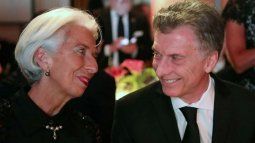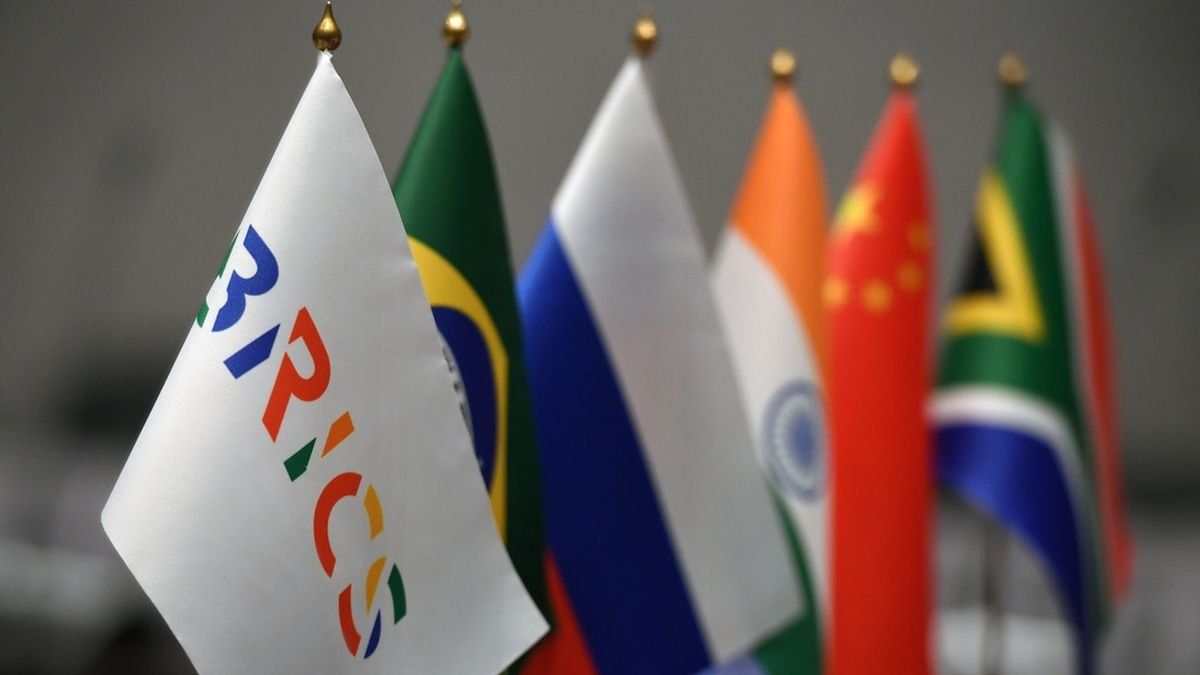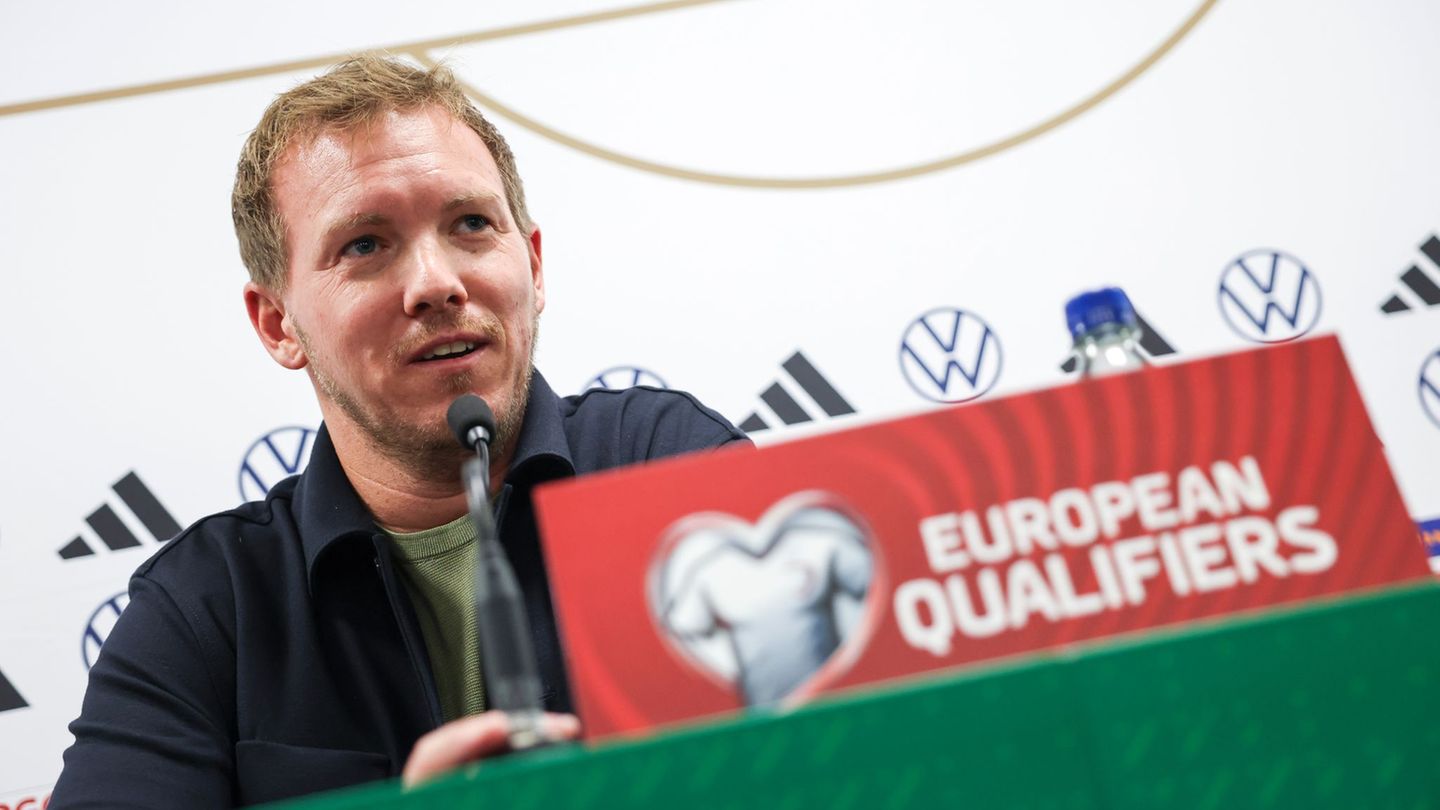The block of emerging markets that make up Brazil, Russia, China, India and South Africa It is gaining importance globally. Since its first official summit in 2009, in the midst of the international financial crisis, the work done has grown in magnitude, especially the financial allocations through the BRICS Development Bankwhich tries to consolidate itself as an alternative credit tool for development, with different perspectives from the International Monetary Fund and the World Bank.
The content you want to access is exclusive to subscribers.
He New Development Bank (NDB) is a multilateral development bank established by the nations that make up the group with the purpose of mobilizing resources for infrastructure and development projects. Your potential tenure places you in a unique position to contribute to global growth and development. Its main characteristic is the low interest rates of the loan contracts, compared to the surcharges of traditional organizations, which end up hindering the growth and economic development of low- and middle-income nations.


By 2020 the population of the BRICS represented more than 3,000 million inhabitants. Last week, on the eve of the group’s next summit, the head of state of Brazil, Lula Ignacio Da Silva, made it official that a total of 19 countries have already expressed interest in joining the group of nations. Among them, the United Arab Emirates, Algeria, Mexico, Saudi Arabia and Nigeria. If the accessions advance, we would be facing a fact that is more than relevant not only for international trade, but also for international diplomacy and, at the same time, a new approach to short, medium and long-term loans to promote sustainable and inclusive development. , that does not place conditions on the economies of the region.
For Argentina, it meant an important advance to finance its imports in yuan through the SWAP with China. If it is achieved that New Development Bank the BRICS- NDB –an institution chaired by Dilma Rousseff, in conjunction with the Development Bank of Brazil- BNDES – They can cover part of the exports from Brazil to Argentina in Reais and with new guarantee mechanisms, it would be a positive fact for local finances at a critical moment caused by the drought and conditional on compliance with the International Monetary Fund. Regarding the relationship with Brazil, through the work carried out by President Alberto Fernandez and the Argentine ambassador in Brazil, Daniel Sciolidirect dialogue and a high-level synergy mechanism have been achieved with the government authorities and business chambers of the neighboring country that will speed up the new mechanism for commercial exchange in reais.
It is not strange that the BRICS countries and also the MERCOSUR countries, in this case with Brazil and Argentina at the forefront, discuss ways to carry out their commercial transactions without dependence on the dollar.
In 2014, at the BRICS summit that took place in Fortaleza, Brazil, Dilma had announced the group’s plans to move forward with other possibilities to carry out trade between the five countries in currencies other than the dollar. The change in the NDB guidelines to also include non-member countries is an important step in the financial infrastructure of the BRICS initiative for the BRICS+ platform to be effectively functional.
Multipolarity will be strengthened by this new possibility that Argentina will inaugurate and the tendency is for world dependence on the US economy to decrease considerably in the coming years.
Representatives of the International Forum of BRICS + Municipalities
Source: Ambito
David William is a talented author who has made a name for himself in the world of writing. He is a professional author who writes on a wide range of topics, from general interest to opinion news. David is currently working as a writer at 24 hours worlds where he brings his unique perspective and in-depth research to his articles, making them both informative and engaging.




